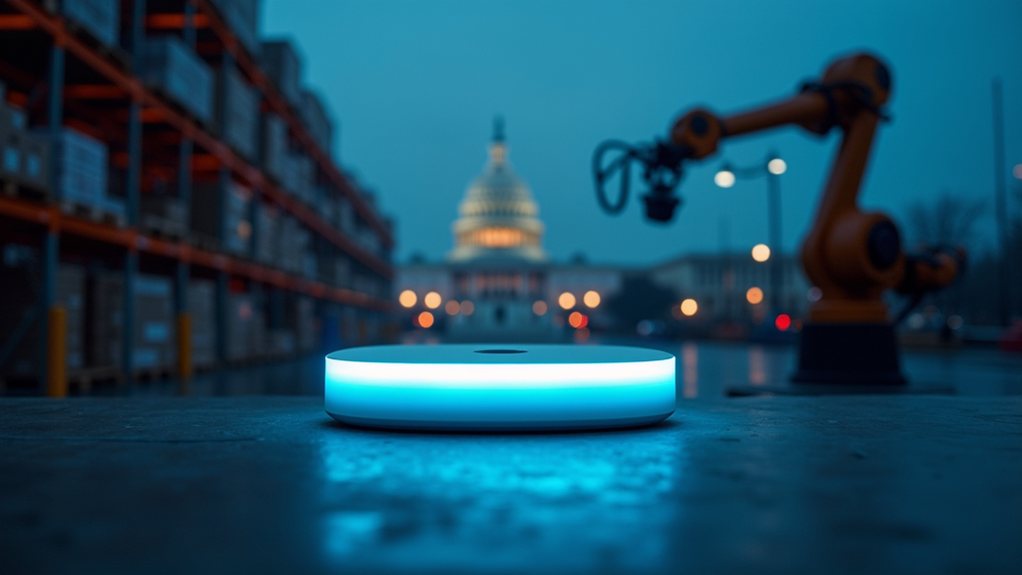In a significant development, Microsoft has announced its departure from the board of OpenAI, the company behind the widely-known ChatGPT.
This move comes as regulatory bodies worldwide increase their scrutiny of partnerships between major tech companies and AI startups.
Microsoft, which has reportedly invested $13 billion in OpenAI, stated in a letter dated Tuesday, July 9, 2024, that it was resigning “effective immediately” from its observer role on OpenAI’s board.
The tech giant cited improved governance at OpenAI following last year’s boardroom upheaval as the reason for its departure, expressing confidence in the company’s current direction.
This decision unfolds against a backdrop of growing antitrust concerns. The European Union, the U.S. Federal Trade Commission, and Britain’s competition watchdog have all recently initiated or intensified examinations of the Microsoft-OpenAI partnership.
These investigations aim to assess the potential impact of such collaborations on market competition and innovation in the rapidly evolving AI sector.
Microsoft’s board seat at OpenAI was established in the wake of a brief but tumultuous period in November 2023, which saw OpenAI CEO Sam Altman fired and then swiftly reinstated. The incident led to significant changes in OpenAI’s board composition and governance structure.
In response to Microsoft’s departure, OpenAI has announced a new approach to engaging with key strategic partners and investors. This strategy involves regular meetings to update stakeholders on progress and enhance collaboration on safety and security measures.
Industry analysts suggest that Microsoft’s decision may be a preemptive move to address potential regulatory concerns. Alex Haffner, a competition partner at U.K. law firm Fladgate, noted that regulators are increasingly focused on the complex relationships between major tech companies and AI providers.
As the AI landscape continues to evolve, this development raises questions about the future of partnerships between established tech giants and AI startups. It may signal a shift towards more arms-length relationships in response to regulatory pressures, potentially reshaping the dynamics of collaboration and competition in the AI industry.
The long-term implications of Microsoft’s decision and its impact on the development of AI technologies remain to be seen. However, it is clear that as AI becomes increasingly central to technological advancement, the scrutiny of partnerships and investments in this sector is likely to intensify.









